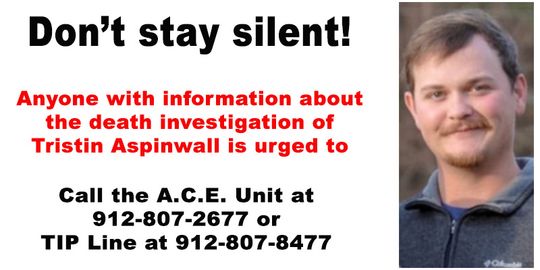DOUGLAS - A proposed south Georgia chicken plant that could be the state’s largest poultry operation is on hold after Superior Court Judge J. Kelly Brooks found it would likely harm locals’ health and property values and damage the nearby Satilla River.
The proposal had 60 chicken houses, each with more than 25,000 birds, which are projected to produce at least 40,000 pounds of litter roughly every eight weeks - about how long they will be on site - and up to 450,000 carcasses onsite per year.
“According to the defendants, this waste, including dead carcasses, will be periodically hauled off site, but will sit in the houses for months before being sold,” wrote Judge Brooks in his order halting the project while a legal trial continues.
“Defendants could not name the hauler or describe the method or frequency of disposal in any manner,” he wrote. “Nor could they identify any odor or dust suppression methods to be employed.”
The plaintiffs, a group of landowners near the proposed site, had a variety of reasons for not wanting the operation to start up, mostly having to do with not wanting to be exposed to chicken feces, rotting bird corpses and bacterial runoff.
One local farm owner testified she and one of her grandchildren are severe asthmatics and she worries about the effects of breathing in particulates from the plant.
Former GOP state Rep. Chuck Sims, representing his company, Sims Funeral Home, testified he “does not want attendees to be bombarded with pathogen-laden dust and the smell of chicken feces and corpses as they are mourning.”
Other testimony indicated the project could harm the Satilla River, potentially all the way to the Atlantic Ocean, and that property owners could see the value of their land drop by up to 30 percent.
Brooks also criticized defendants for not making any attempts to contact neighbors or engage with the community.
“The evidence clearly showed that defendants pursued this project quietly and avoided community engagement until forced to respond through these proceedings,” Brooks wrote. “The court is not without empathy for potential financial injury to defendants. However, such injury is largely selfinflicted.”
George Lott, an attorney with Atlanta-based Evans Bowers representing the plaintiffs, said a grassroots effort helped bring the project to light.
“Our clients had no idea that this was going forward until the project was already several weeks or several months in the works,” he said. “And it’s almost hard to describe all the efforts they’ve made to try to get information.
“They held town hall meetings, they contacted county commissioners, they contacted other government regulators, entities, to try to figure out what’s being proposed, who was proposing it, what work was going to be done, and then they even tried to contact some of the defendants directly and couldn’t make any progress.”










